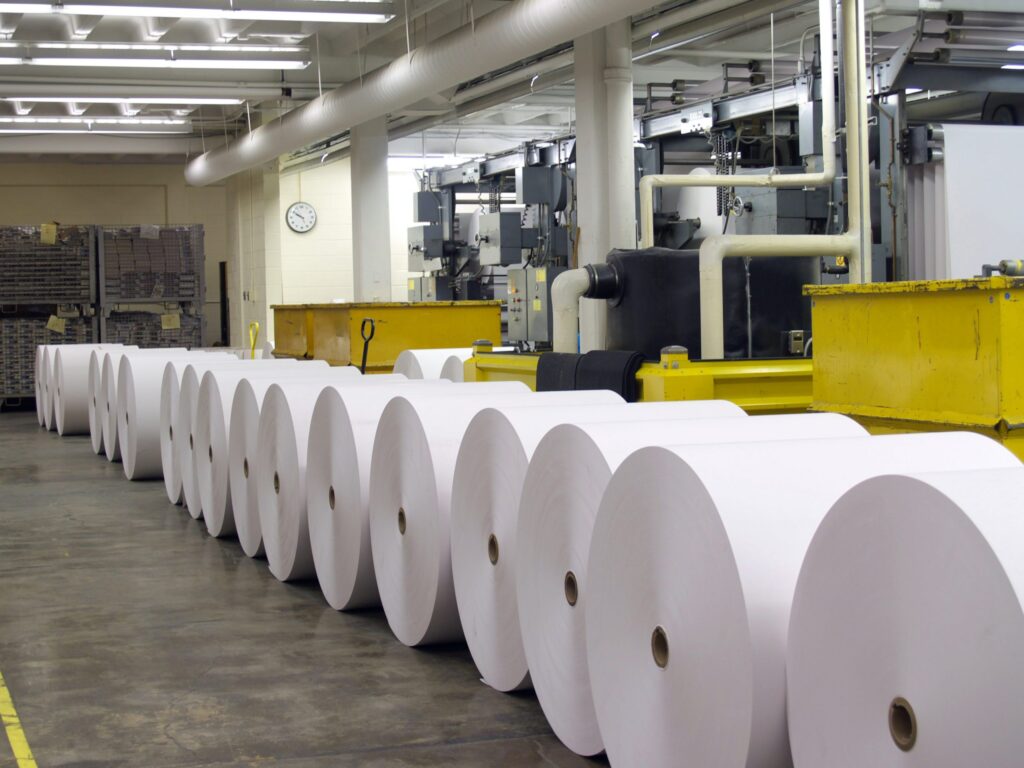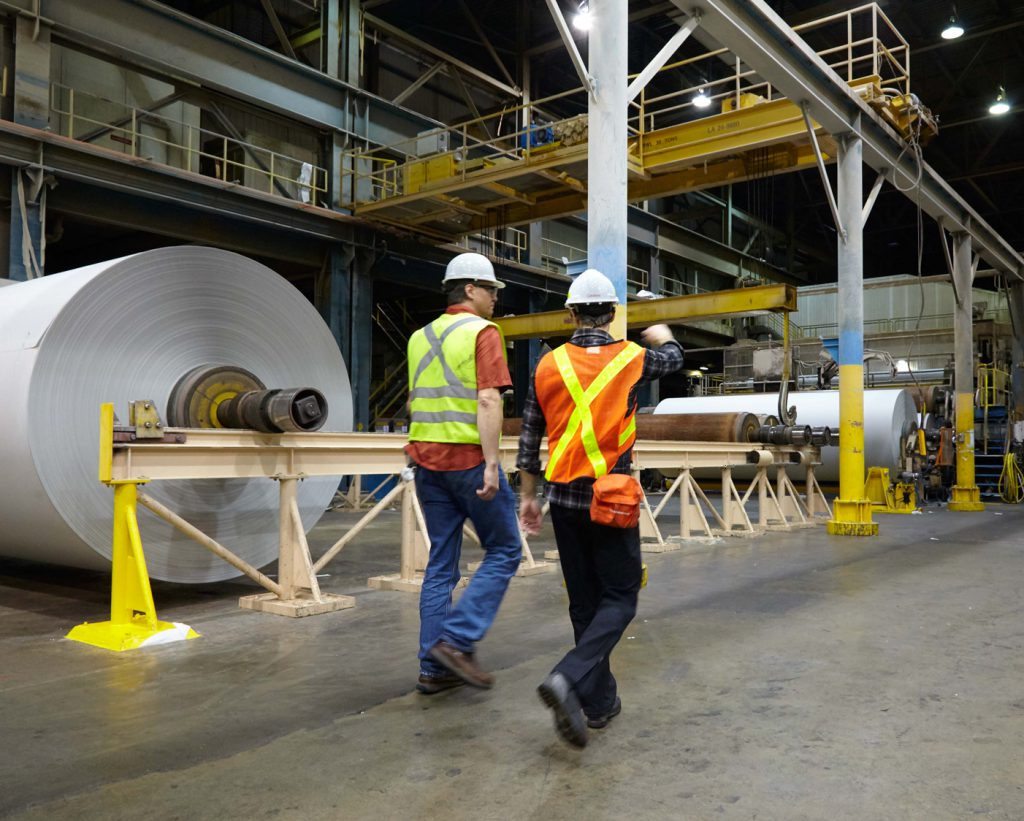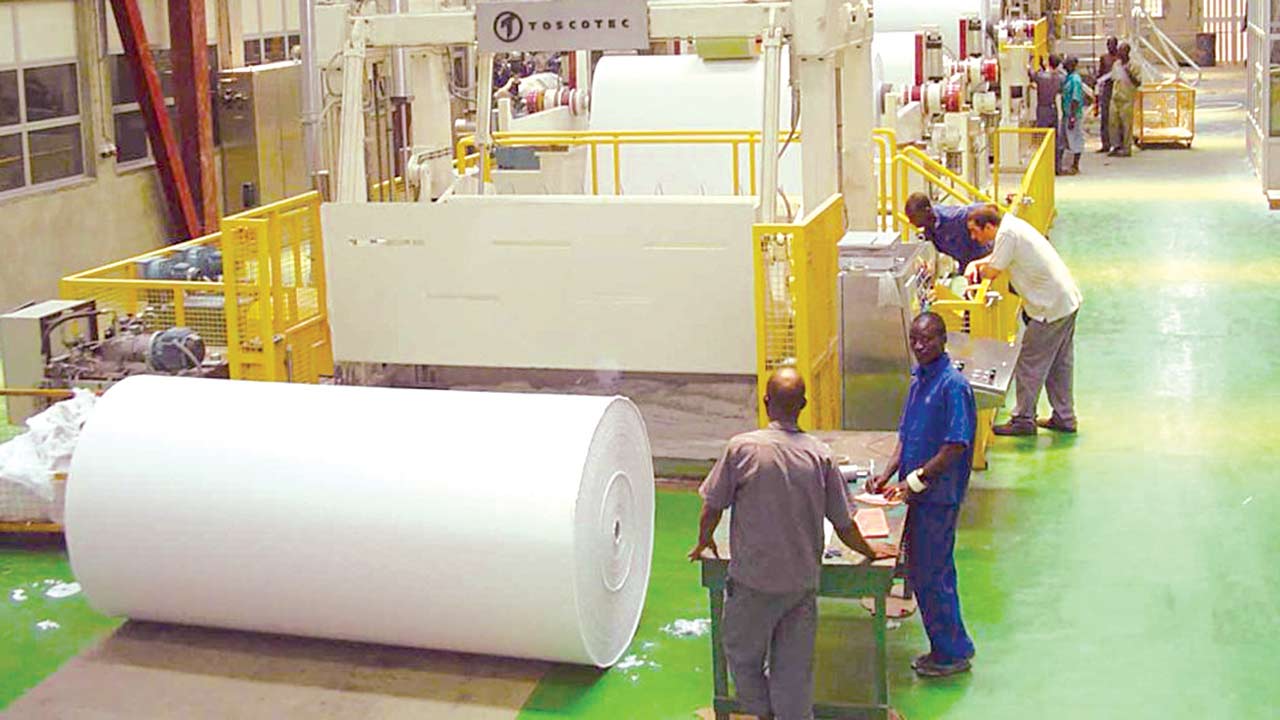In an increasingly digital world, the question of whether a careerin the paper industry is a wise choice often arises. With concerns about sustainability and the rise of digital alternatives, many wonder about the viability and relevance of pursuing a career in paper.
With concerns about sustainability, environmental impact, and the rise of digital alternatives, many wonder if is paper a good career path. However, it is important to recognize the historical significance of the paper and its continued demand in various industries.
Why Choose A Career In Paper?
Choosing a career in the paper industry can offer several compelling reasons. Here are some key factors to consider:
- Historical Significance and Continued Demand -Paper has played a crucial role in human civilization for centuries. It remains an essential part of various industries, including publishing, printing, packaging, and stationery. The continued demand for paper products ensures stability and job opportunities within the industry.
- Diverse Job Opportunities -A career in the paper industry provides a wide range of job opportunities. From manufacturing and distribution to design, marketing, and sales, there are diverse roles available. This allows individuals to explore different areas and find a career path that aligns with their interests and skills.
- Innovation and Adaptability -The paper industry has embraced innovation and adapted to changing times. Companies are investing in research and development, exploring new techniques, and creating specialty papers with unique features and applications. This dynamic environment offers opportunities for learning, growth, and staying at the forefront of technological advancements.
- Job Stability and Growth Potential -Despite digital advancements, certain aspects of the paper industry continue to thrive. The rise of e-commerce has increased the demand for packaging materials, and the industry has diversified its offerings to include digital solutions like e-books and digital printing services. This adaptability ensures job stability and the potential for growth within the industry.
- Transferable Skills and Versatility -Working in the paper industry equips individuals with valuable transferable skills. Roles within the industry require problem-solving, critical thinking, attention to detail, and project management skills. These skills can be applied to various other industries, providing versatility and the ability to transition to different career paths if desired.
- Environmental Focus and Sustainability -The paper industry is actively addressing environmental concerns. Many companies have adopted sustainable practices, such as using recycled materials and promoting responsible forestry. With an increasing focus on sustainability, the industry provides an opportunity to contribute to environmentally friendly initiatives and make a positive impact.
Education And Certification Requirements For A Career In Paper
A career in the paper industry may have varying education and certification requirements depending on the specific role and level of expertise required. Here are some general guidelines:
- High School Education -A high school diploma or equivalent is typically the minimum educational requirement for entry-level positions in the paper industry. This includes roles such as machine operators, production assistants, and entry-level technicians.
- Associate's Degree or Technical Certificate -Pursuing an associate's degree or obtaining a technical certificate can provide a competitive advantage and open up more opportunities within the industry. Relevant fields of study may include paper science, pulp and paper technology, industrial technology, or mechanical engineering technology.
- Bachelor's Degree -For certain technical or specialized positions, such as research and development, product design, quality control, or process engineering, a bachelor's degree in fields like paper science, chemical engineering, mechanical engineering, or industrial engineering may be required or highly preferred.
- Master's Degree -In some cases, pursuing a master's degree in a related field can enhance career prospects, particularly for leadershipor advanced technical positions. Advanced degrees may be beneficial for roles involving research, development, and innovation within the paper industry.
- Certifications and Professional Development -The paper industry offers various certifications that can demonstrate expertise and enhance career prospects. For example, the Paper Science and Engineering Technology Certification from the Paper Science and Engineering Foundation, or certifications in specific areas like process optimization, quality control, or environmental sustainability. Additionally, professionals can participate in workshops, seminars, and industry-specific training programs to stay updated with the latest advancements.
What Do People Working In Paper Do?
People working in the paper industry perform various roles and responsibilities depending on their area of specialization and the specific sector of the industry. Here are some common job roles and activities in the paper industry:
Paper Production And Operations
- Machine Operators- Operate and monitor machinery involved in paper production, including pulp preparation, papermaking, drying, and finishing processes.
- Maintenance Technicians- Perform preventive maintenance, troubleshoot and repair equipment, and ensure smooth operation of production machinery.
- Quality Control Inspectors- Conduct inspections and tests to ensure the quality, thickness, strength, and other properties of paper meet industry standards.
- Logistics Coordinators- Manage the flow of raw materials, intermediate products, and finished goods within the supply chain, coordinating transportation and inventory management.
Research And Development
- Research Scientists- Conduct experiments, analyze data, and develop new methods, technologies, and products to improve paper quality, performance, and sustainability.
- Product Developers - Design and develop specialty papers with unique features, such as textured surfaces, enhanced printability, durability, or specific functionalities.
- Process Engineers- Optimize manufacturing processes, identify areas for improvement, and implement innovations to enhance efficiency, productivity, and environmental sustainability.
Sales And Marketing
- Sales Representatives- Build relationships with clients, identify their paper product needs, negotiate contracts, and facilitate the sale of paper products to various industries and customers.
- Marketing Specialists- Develop marketing strategies, conduct market research, create promotional materials, and support brandingand product positioning efforts.
Quality Control And Environmental Compliance
- Quality Assurance Managers- Oversee quality control processes, establish quality standards, ensure compliance with industry regulations, and implement continuous improvement initiatives.
- Environmental Compliance Officers- Monitor and ensure compliance with environmental regulations, develop and implement environmental management systems, and promote sustainable practices within the industry.
Design And Printing
- Graphic Designers- Create visual designs, layouts, and artwork for packaging, labels, marketing materials, and publications using computer-aided design (CAD) software.
- Prepress Technicians- Prepare digital files for printing, including image retouching, color correction, and imposition of pages for printing processes.
- Press Operators - Operate printing presses, manage print runs, adjust color and print settings, and ensure high-quality print output.
Management And Administration
- Plant Managers- Oversee overall plant operations, manage production schedules, ensure safety and quality standards, and coordinate cross-functional teams.
- Supply Chain Managers- Plan and optimize the flow of raw materials and finished products, manage inventory levels, and coordinate logistics and distribution activities.
- Human Resources Specialists- Handle recruitment, training, employee relations, and compliance with labor laws within the paper industry.
These are just a few examples of the diverse roles and responsibilities within the paper industry. The specific job duties may vary depending on the company, sector, and individual job positions.
15 Best Paying Jobs In Paper
The paper industry offers a wide range of job opportunities, including positions that offer competitive salaries. While actual salaries can vary based on factors such as location, experience, and company size, here are 15 high-paying jobs commonly found in the paper industry:
- Chief Executive Officer (CEO)- The top executive responsible for strategic planning and overall management of a paper company.
- Chief Financial Officer (CFO)- Oversees financial operations, budgeting, and financial planning for a paper company.
- Research and Development Manager- Leads research and development teams, driving innovation and new product development in the paper industry.
- Plant Manager- Manages day-to-day operations of a paper manufacturing facility, ensuring efficient production and quality control.
- Sales Director- Oversees sales strategies, manages sales teams, and fosters relationships with clients to drive revenue growth.
- Supply Chain Manager- Manages the flow of materials, logistics, and distribution to optimize efficiency and cost-effectiveness.
- Technical Director- Provides technical expertise, oversees process optimization, and ensures quality standards in paper production.
- Environmental Compliance Manager- Ensures compliance with environmental regulations and develops sustainability initiatives.
- Quality Assurance Manager- Implements and maintains quality control processes to ensure the production of high-quality paper products.
- Operations Manager- Manages overall operations, including production, inventory management, and process improvement.
- Marketing Manager- Develops marketing strategies, conducts market research, and promotes paper products to target customers.
- Product Development Manager - Leads product development initiatives, designing and launching innovative paper products.
- Engineering Manager- Oversees engineering teams, ensuring the design and maintenance of efficient paper production equipment.
- Research Scientist - Conducts research to improve paper manufacturing processes, develop new products, and enhance sustainability.
- Technical Sales Manager- Combines technical knowledge with sales expertise to promote and sell paper products to clients.
These positions generally require specialized knowledge, skills, and experience. Additionally, management and executive roles often involve years of experience and higher levels of responsibility, which contribute to their higher salary ranges. It's important to note that salaries can vary significantly based on factors such as location, company size, industry segment, and individual qualifications.
Entry-Level Jobs In Paper
Entry-level jobs in the paper industry provide opportunities for individuals to gain practical experience and develop a foundation in the field. Here are some common entry-level positions in the paper industry:
- Machine Operator- Operates and monitors machinery involved in paper production, such as papermaking machines, printers, or converting equipment.
- Production Assistant- Assists with various tasks in the production process, including material handling, quality control inspections, and equipment maintenance.
- Quality Control Inspector- Conducts inspections and tests to ensure that paper products meet quality standards and specifications.
- Laboratory Technician- Assists in the testing and analysis of paper samples, collects data, and supports quality assurance processes.
- Logistics Coordinator - Assists in coordinating the movement of raw materials and finished goods, tracks shipments, and maintains inventory records.
- Warehouse Associate- Responsible for organizing, storing, and preparing shipments of paper products in a warehouse or distribution center.
- Maintenance Technician- Supports the maintenance and repair of equipment and machinery used in paper production, ensuring smooth operation.
- Customer ServiceRepresentative- Handles inquiries, and orders, and provides support to customers regarding paper products and services.
- Sales Support Associate- Assists sales teams with administrative tasks, preparing quotes, managing customer accounts, and generating sales reports.
- Administrative Assistant- Provides general administrative support, including data entry, scheduling, and document management.
These entry-level positions offer valuable hands-on experience in the paper industry and can serve as a stepping stone for career growth and advancement within the field. Entry-level positions provide an opportunity to learn industry-specific skills, gain practical knowledge of paper manufacturing processes, and develop a solid foundation for future career growth within the industry.
People Also Ask
What Jobs Are Available In The Paper Industry?
The paper industry offers a wide range of job opportunities. Some common roles include paper production operators, quality control technicians, logistics coordinators, product designers, sales representatives, and marketing specialists.
Is The Paper Industry A Dying Field?
While the paper industry has faced challenges due to digital advancements, it is not a dying field. The demand for paper products remains significant in various industries, and the industry has adapted through innovation, sustainability efforts, and diversification of offerings.
Are Paper Careers Environmentally Friendly?
The paper industry has recognized environmental concerns and is actively working towards sustainability. Many companies promote responsible sourcing, use recycled materials, and implement eco-friendly practices. Technological advancements also contribute to reducing the industry's environmental impact.
Conclusion
While the digital revolution has undoubtedly impacted the paper industry, a career in paper still holds potential and value. By acknowledging and addressing environmental concerns, the industry strives to create a more sustainable future. Ultimately, choosing a career in the paper depends on individual passion, skills, and alignment with personal goals and values.



